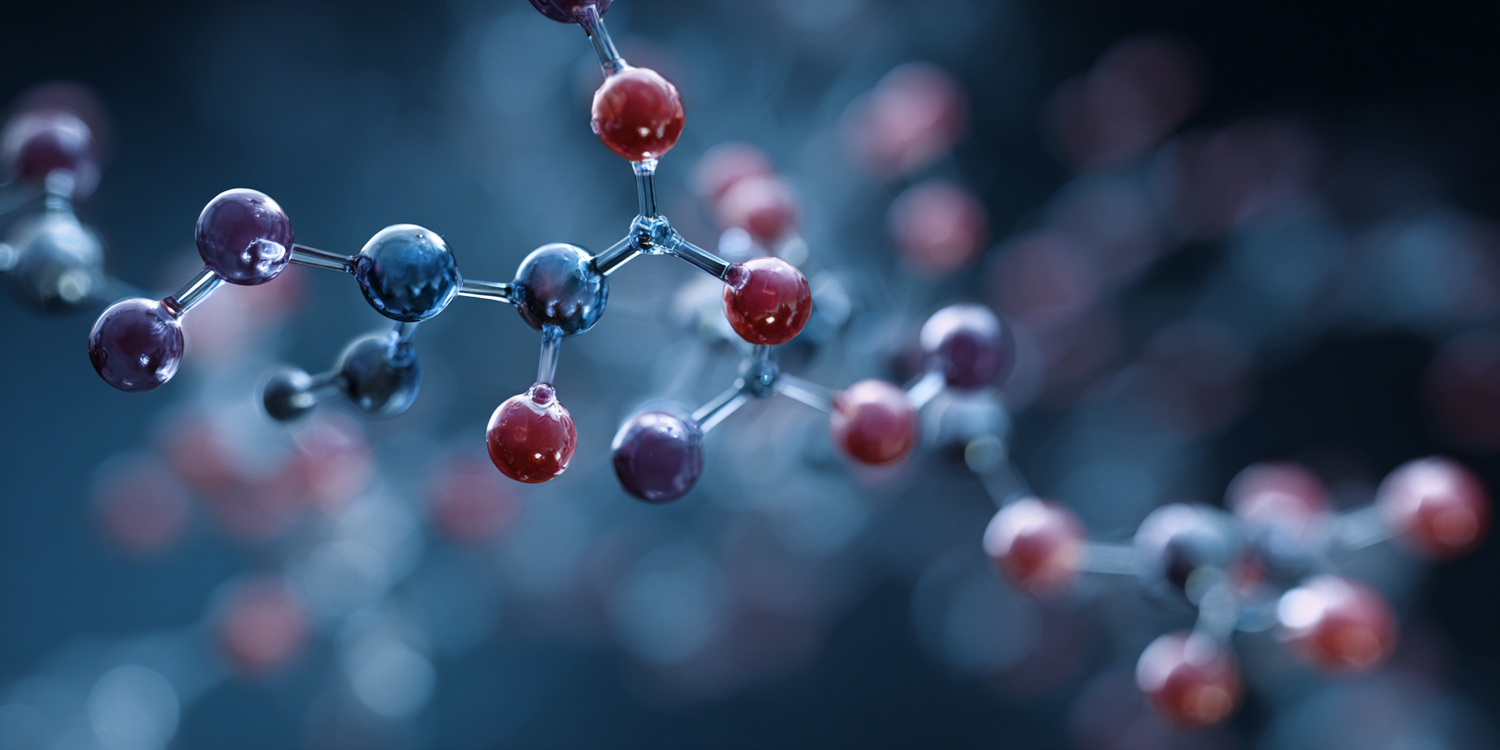히알루론산(HA)은 피부 건강, 관절 기능 및 전반적인 웰빙에 대한 잠재적인 이점으로 알려진 인기 있는 경구 보충제가 되었습니다. 그러나 모든 히알루론산 보충제가 동일하게 만들어진 것은 아닙니다. HA의 분자량은 경구로 복용할 때 그 효과에 상당한 영향을 미칠 수 있습니다. 이 블로그 게시물은 저분자량(LMW) 및 고분자량(HMW) 히알루론산 경구 보충제의 차이점을 탐구합니다.
히알루론산의 분자량 이해
우리가 이점을 비교하기 전에 분자량이 무엇을 의미하는지 이해하는 것이 중요합니다.
- 저분자량(LMW) HA: 일반적으로 300kDa 미만이지만 일부 연구에서는 2kDa만큼 낮은 HA에 초점을 맞추기도 합니다.
- 고분자량(HMW) HA: 일반적으로 800kDa 이상.
LMW와 HMW 히알루론산의 이점 비교
1. 피부 건강
저전력 HA:
- 주름 감소: Oe 등(2017)은 22~59세 성인을 대상으로 12주 동안 LMW HA(5kDa 미만)를 경구 섭취한 결과 주름이 상당히 감소하고 피부 광택과 유연성이 개선되었음을 밝혔습니다.
- 피부 수분 공급: LMW HA는 피부 수분 공급을 개선하는 데 효과적인 것으로 나타났지만 그 효과는 HMW HA만큼 크지 않을 수 있습니다.
HMW HA:
- 피부 수분 공급: Kawada 등(2014)은 6주 동안 HMW HA(800 kDa)를 하루 120mg 섭취하면 피부 수분이 상당히 증가하고 건성 피부 환자의 치료 결과가 향상된다는 사실을 입증했습니다.
- 피부 탄력: 일부 연구에 따르면 HMW HA는 LMW HA에 비해 피부 탄력을 개선하는 데 더 효과적일 수 있다고 합니다.
저전력 HA:
- 흡수: LMW HA는 신체에 더 쉽게 흡수되어 더 나은 전신적 효과를 가져올 수 있는 것으로 생각됩니다.
- 통증 감소: 일부 연구에 따르면 LMW HA는 관절 통증을 줄이는 데 효과적일 수 있으며, 특히 경증에서 중등도의 골관절염이 있는 젊은 사람들에게 효과적일 수 있는 것으로 나타났습니다.
- 관절 윤활: HMW HA는 활액액에서 발견되는 천연 HA와 더 유사하여 더 나은 관절 윤활을 제공할 가능성이 있습니다.
- 전반적 기능: Tashiro 등(2012)은 경구 히알루론산(200kDa, 비교적 높음)이 무릎 골관절염 환자, 특히 70세 이하 환자의 기능을 개선한다는 사실을 발견했습니다.
저전력 HA:
- 더 높은 흡수율: 일반적으로 LMW HA는 생체이용률이 더 높고 신체에 더 쉽게 흡수되는 것으로 간주됩니다.
- 전신 효과: LMW HA는 흡수가 더 잘 되어 몸 전체에 전신 효과가 더 두드러질 수 있습니다.
- 흡수율 낮음: HMW HA는 흡수가 쉽지 않지만 소화관에서 더 강력한 국소적 효과를 나타낼 수 있습니다.
- 장 건강: 일부 연구에 따르면 HMW HA는 장 내벽과의 상호 작용을 통해 장 건강에 유익한 효과가 있을 수 있는 것으로 나타났습니다.
LMW와 HMW HA 중 어떤 것을 선택할지는 구체적인 건강 목표에 따라 달라집니다.
1. 피부 주름 감소와 전반적인 피부 모양을 위해서는 LMW HA가 더 효과적일 수 있습니다.
2. 피부 수분 공급을 강화하려면 HMW HA가 더 나은 선택이 될 수 있습니다.
3. 관절 건강을 위해 두 제품 모두 이점을 보였으며, LMW는 더 나은 흡수를 제공하고 HMW는 천연 관절액을 더 밀접하게 모방합니다.
4. 장 건강의 잠재적 이점을 위해서는 HMW HA가 더 바람직할 수 있습니다.
결론
LMW와 HMW 히알루론산은 모두 경구 보충제로 섭취할 때 고유한 이점을 제공합니다. LMW HA는 더 쉽게 흡수되고 더 전신적인 이점을 제공하는 반면, HMW HA는 특히 피부 수분 공급 및 관절 윤활에 대해 더 강력한 국소적 효과를 제공할 수 있습니다.
이 분야의 연구는 진행 중이며, 개인의 반응은 다를 수 있다는 점에 유의하는 것이 중요합니다. 일부 제품은 LMW와 HMW HA를 모두 결합하여 광범위한 이점을 제공합니다. 항상 그렇듯이 새로운 보충제 요법을 시작하기 전에 의료 전문가와 상의하는 것이 중요합니다.
참고문헌
1. Oe, M. 등 (2017). 경구 히알루론산은 주름을 완화합니다: 12주 기간 동안의 이중 맹검 위약 대조 연구. 임상, 미용 및 조사 피부과, 10, 267-273.
2. Kawada, C. 등 (2014). 히알루론산(분자량 800k 및 300k) 섭취는 건조 피부 상태를 개선합니다: 무작위 이중 맹검 대조 연구. Journal of Clinical Biochemistry and Nutrition, 54(1), 31-39.
3. Tashiro, T. 등 (2012). 폴리머 히알루론산 경구 투여는 무릎 골관절염 증상을 완화합니다: 12개월 기간 동안의 이중 맹검 위약 대조 연구. The Scientific World Journal, 2012, 167928.





